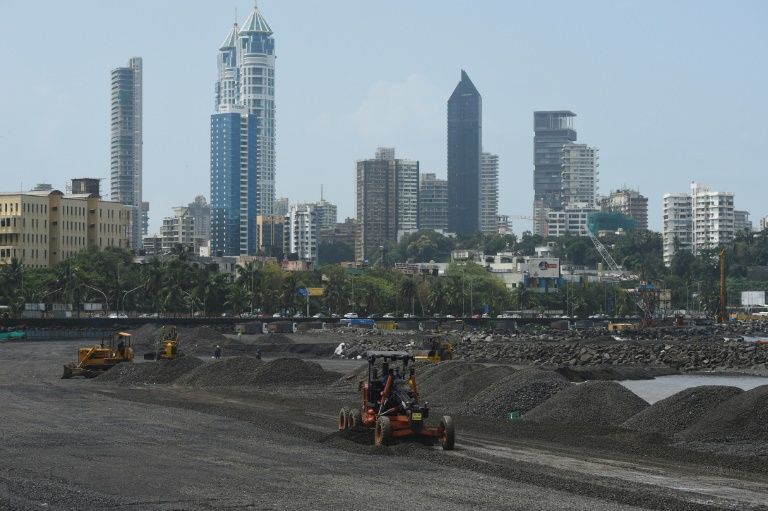India economic growth hit by record slump after virus lockdown
Mumbai (AFP) – India’s economic growth suffered a historic 23.9 percent decline between April and June, official figures showed Monday, as manufacturing and productivity were battered by a strict coronavirus lockdown.
The contraction was the biggest since New Delhi started publishing quarterly statistics in 1996, and the latest figures came as the country’s coronavirus cases surged past the 3.6 million mark.
The steep dip in Asia’s third-largest economy reflected the impact of a months-long nationwide shutdown that saw most industrial and manufacturing activity grind to a halt.
The decline was worse than expected, with a survey of economists by Bloomberg earlier predicting a contraction of 18 percent.
On Monday the government warned that the figures could be revised further since the pandemic had also affected the ability to collect accurate data on economic activity.
“The entire quarter was spent in lockdown and it was a complete washout for the Indian economy,” Mumbai-based economist Ashutosh Datar told AFP.
He added that the clouds of gloom were unlikely to lift “for the next few quarters”.
“We started publishing quarterly growth figures only from 1996 and this is the worst quarterly performance on record ever since,” he said.
Even before Prime Minister Narendra Modi announced a lockdown in late March, the economy was struggling to gain traction with sluggish growth, record unemployment, and a flurry of bad loans making banks reluctant to lend.
The sudden shutdown prompted a huge exodus by millions of migrant workers who fled cities for their villages due to a lack of food and money.
Many have yet to return even as restrictions have eased, leaving factories struggling with labour shortages.
Modi had announced a $266 billion package -– 10 percent of the country’s GDP –- to revive the battered economy, while India’s central bank has slashed interest rates and transferred billions of rupees in annual dividends to the government.
But the measures have yet to yield any positive economic impact or spur a pick-up in demand.
Meanwhile, coronavirus infections have hit new records across the country, with the lockdown failing to contain the spread of the disease which has travelled from crowded cities to remote villages where access to healthcare remains a huge issue.
Disclaimer: Validity of the above story is for 7 Days from original date of publishing. Source: AFP.


